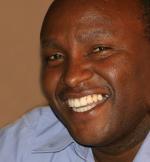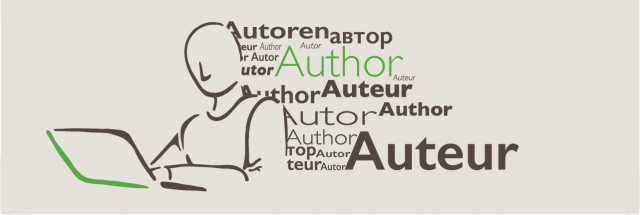1.3 million people worldwide do not access to safe drinking water, according to the UN. Joseph Karanja starts each day with a time of searching for direction in silence. He tells how this led to finding spring water on his land, which will soon be marketed nationwide.
 1.3 million people worldwide do not access to safe drinking water, according to the UN. Thirty-one countries face chronic water shortages, and by 2025 nearly 50 countries will face shortages affecting 2.8 billion people With population growth, global demand for clean drinking water is expected to grow by 40 per cent in the next 20 years. Every initiative to secure water supplies will be necessary. Nairobi lawyer Joseph Karanja starts each day with a time of searching for direction in silence. He tells how this led to finding spring water on his land, which will soon be marketed nationwide:
1.3 million people worldwide do not access to safe drinking water, according to the UN. Thirty-one countries face chronic water shortages, and by 2025 nearly 50 countries will face shortages affecting 2.8 billion people With population growth, global demand for clean drinking water is expected to grow by 40 per cent in the next 20 years. Every initiative to secure water supplies will be necessary. Nairobi lawyer Joseph Karanja starts each day with a time of searching for direction in silence. He tells how this led to finding spring water on his land, which will soon be marketed nationwide:
Eight years ago I was looking for land to build a house. I was shown a plot that I didn’t like, simply because there was no water supply. It had everything else I was looking for. Those who were already settled there bought water from vendors who brought it from far away in tankers. My immediate reaction was to say no. However, I promised to get in touch with the seller the following day.
Early the next morning my thought was very clear: buy the land and use the money for house construction to drill a borehole instead. Another thought was: look at the Yellow Pages of the telephone directory and talk to the first water drilling company that you come across.
I bought the plot and talked to the driller. He assured me of the prospects of striking water. I will never forget the day in February 1999 when the drilling machine was mobilised on site. A group of 72 women, members of a Presbyterian church who were on their way to prayers, decided to stop by and prayed, thanking God that water was coming. They never bothered to know who owned the plot.
It took several months to drill the nearly 700 feet borehole. It left me without a penny. In April 2000 everything was ready: the borehole fitted with the pump, the powerhouse with a water selling point at the front, an office at the back, and a 20ft tower holding two plastic tanks of 10,000 litres each. At this time Kenya was going through a drought that had lasted for many years. People came from near and far to buy water at my borehole. They came on donkeys, in vehicles and tankers. For two months we operated for 24 hours a day. I brought the cost of water down from 20 Kenya shillings per 20 litre jerry can to two shillings.
My next thought was to supply my neighbours with water directly to their homes. Today, 46 homes and three schools have running water in their taps. I have employed seven people, mainly meter readers. Over 40 young men earn a living, buying from us and selling the water to far off places. The government has asked us to bottle the water and soon we will have ‘Summer Drop’ mineral water in shops and supermarkets in Kenya, and possibly in Uganda and Sudan. This will mean employing at least 20 more people.
By the end of 2000, the income from water sales enabled me to put up a house in the same compound as the well, where I now live. I am expanding and early next year I will be in a position to accommodate at least ten guests comfortably. But for me the greatest satisfaction is that I am able to meet a basic need of the community, at an affordable price
Joseph Karanja was addressing the conference ‘Trust and integrity in the global economy’, held in Caux, Switzerland, August 2006. His story is told in the French TV documentary series ‘Passeurs d’Espoir’ (Hope Traffickers).


